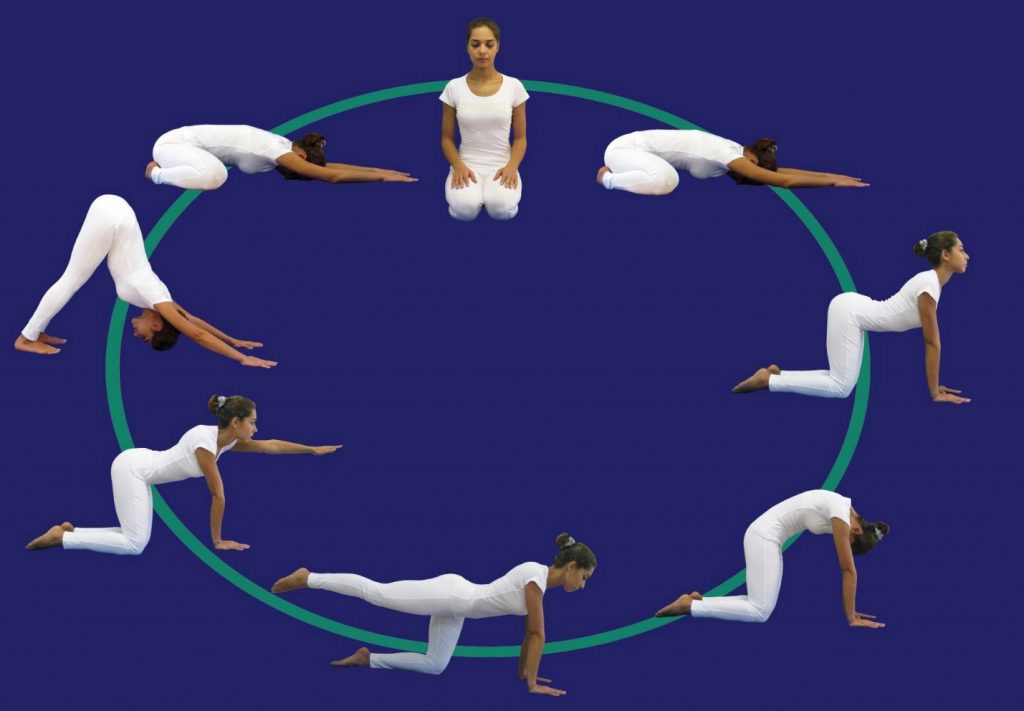We all are aware that stress is a normal part of life. No one can live a stress free life but we can learn to manage it. Getting overloaded by stress is harmful and makes us vulnerable to health problems. However stress within a comfort zone can motivate a person to become more productive and energetic.
Stress is caused by external or internal stimuli. External factors are unavoidable and leaves us vulnerable to internal ones. In fact the way we perceive a stress provoking event and how we respond to it determines the impact of stress on our health.
Stress means tension or pressure from situations threatening our physical and psychological wellbeing. Stress causes cortisol and adrenaline to run through our circulation showing significant rise in heart rate, muscle tension, sugar level and ventilation or breath. If this chemical change lasts long, elevated levels of stress hormones exhausts the body and pushes it chemically out of balance. Main known external and internal causes of stress are outlined below:
♦ Major life changes
♦ Sudden change is job or school
♦ Relationship difficulties
♦ Career difficulties
♦ Financial issues
♦ Worries and fears
♦ Negative self-talk
♦ Emotional pressure
♦ Expectations
♦ Perfectionism
Stress Management
Stress affects us differently. Some people have hard time to cope with stress while others handle it easily. Most of internal causes of stress may be experienced as a response to external stimuli or they are self-generated. Our reaction to stress may be physical, psychological or behavioral depending on individual level of stress tolerance. Learning to moderate the reaction to stress is known as “stress management” which, involves controlling or reducing mental and physical tension.
Fortunately there are many ways to minimize stress. Learning healthy “coping strategies” are known to be best ways to manage stress. Yoga is a great stress reliever. Techniques of yoga teach us how to manage and reduce stress by natural and healthy means. Managing stress does not eradicate stressors but alleviate its effects. It is important to take control of your stress before it takes control over you.
In my experience, followings are the eight simple but highly effective yogic directives to reduce tension caused by stress.
Coping Strategies
1. As you wake up in the morning focus your attention to your breathing. After a few breaths as you inhale, start counting from one to four and as you exhale, countreversely. Continue this manner of breathing for several times followed by repeating motivating positive statements assertively.
2. During the day whenever you become aware of the subtle signs of the physical or mental tension, take a few diaphragmatic breaths. Count one number for each breath i.e. with the first diaphragmatic breath, count “ten” to yourself, with the next breath count “nine” in reverse order till you reach number one.
3. Try this is excellent anti-stress breathing technique whenever you find yourself right in the heart of stress. Place your right thumb and first finger at the end of septum and apply a light pressure on it, making sure that nostrils remain free or open for breathing. Close your mouth and inhale deeply making a soft and even sound from nostrils. After holding your breathe for a second, exhale smoothly and continuously with sound. Repeat this for several times.
4. Try on a daily basis a few cycles of the “Sun Salutation” following with at least thirty strokes of Kapalabhati Pranayama.
5. After passing through stressful situations, it is helpful to perform the “Lion Pose” or “Simhasana” to reduce tension and to maintain your emotional stability.
6. Before bed time repeat positive and motivating statements assertively.
7. Performing a series of five consecutive simple yoga stretches as suggested below, right before going to bed at night puts you in a generally calm mood. This cycle burns stress chemicals and brings sound sleep:
- Virasana
- Shashankasana
- Marjarasana
- Stretches of Marjarasana
- Adho Mukha Savanasana

8. The following is a “Guided imaginary” relaxation technique that can help you quickly to manage stress and reduce tension in both body and mind:
- Lie on your back and calm your body.
- Close your eyes and breathe deeply, focusing on: breathing in feelings of peace, breathing out feelings of stress.
- Once reached a relaxed state, visualize a clear blue sky.
- Begin to envision yourself floating in the clear blue clouds, feeling weightless and light.
- Feel the profound peace is flowing like a gentle breeze around you and infinite spirit of love enveloping you.
- Enjoy the infinite calmness.
- Turn your attention again to breathing. Breathe deeply.
- Concentrate only on your inhalations. While inhaling imagine that a gentle blue breeze is passing through the nose, going deep inside the body, filling it with peaceful sensations. After a while shift your attention only on exhalations. While exhaling feel freedom in the body and mind and the let go sensation. Feel the detached state of mind as long as you wish.
- After few minutes count reversely from twenty to one. When you reach number one, slowly open your eyes feeling refreshed, energetic and full of positive sensations.

Yoga master with more than 30 years of experience in Iran and India, born in Ahmadabad India and grown up in a yoga family. Owner & Educational Director of Payam-e-Mehr International Yoga center.
